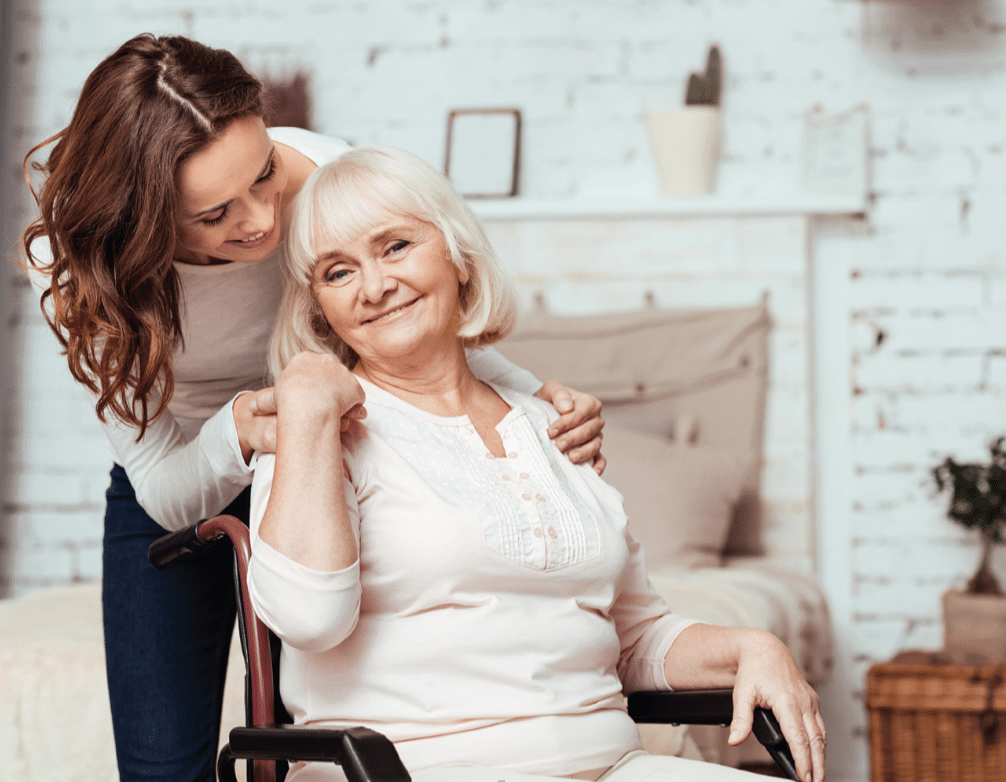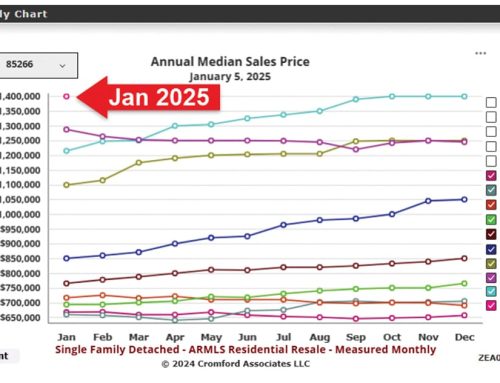As we age, performing everyday tasks can become more challenging. Activities like taking showers safely, cooking meals, or socializing with friends might start to feel daunting. This article explores these challenges and offers insights into maintaining autonomy during this phase of life.
Aging is an inevitable part of life. As the world evolves, so do we, adapting and finding our place. However, aging can bring struggles, leading some to require in-home caregivers for safety. What does it mean to maintain autonomy in the face of these changes?
Autonomy, as defined by the Internet Encyclopedia of Philosophy, is the capacity to make one’s own decisions and pursue life’s course. As we age, physical and cognitive challenges may infringe on this autonomy, sometimes leading to overlooked decisions or loss of control over personal resources, ultimately impacting dignity and quality of life.
Many fear aging due to the potential loss of physical abilities, cognitive sharpness, and independence. The fear of losing dignity and quality of life is a significant concern.
So, how can we maintain our quality of life as we age? A great starting point is physical activity. Whether it involves strength training, balance exercises, flexibility, or aerobic workouts, maintaining physical health is crucial. Proper nutrition is also key, and it’s essential to consult with healthcare professionals to tailor these aspects to individual needs.
Mental stimulation plays a critical role in preserving autonomy. Engaging in activities that challenge the mind, such as reading, puzzles, or lifelong learning, can help maintain cognitive function. For those struggling with declining eyesight or mobility, exploring accessible options like podcasts and audiobooks can be beneficial. Remember, asking for help when needed is an important skill to develop.
Social engagement is equally vital for mental health and independence. Regular interactions with family, friends, or participating in group activities can greatly contribute to wellbeing. If maintaining a social circle becomes challenging, consider joining local clubs or community groups.
For caregivers of older adults, providing accessible information in the appropriate formats and languages is essential. This ensures informed decision-making. Respecting the individual’s wishes, such as visitor preferences in care settings, is crucial for maintaining their autonomy.
Additionally, preventing falls is key to preserving independence in older adults. Investing in mobility aids and making home modifications, such as installing grab bars in bathrooms, are effective ways to enhance safety.
Recognizing the challenges of home modifications, Rosarium Health offers a unique service. We connect you with licensed occupational therapists to assess your needs and create a personalized plan. This is followed by connecting you with licensed contractors to implement these changes. For more information, visit rosariumhealth.com.





